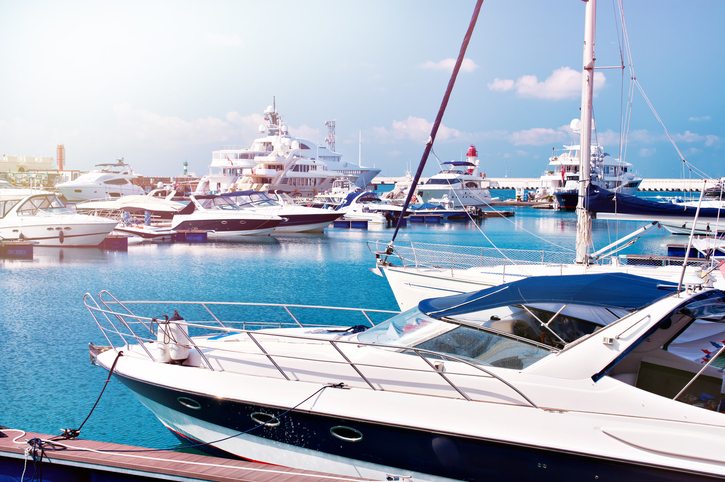What Causes Aerospace Fasteners To Fail?
Ever wonder what causes bolts to fail? Or do you have experience with gaskets that no longer have the clamping force required to hold them?...

Using the wrong specialty marine fasteners can result in a performance disaster. It's essential when planning any boat-build or repair project to determine the best type of fasteners for the purpose. Figuring out how to choose the right marine fasteners for your project and locating a source from which to purchase them isn't always easy.
Every item on a watercraft, dock, oil rig or any type of marine environment has to be fastened down. And fasteners exposed to the environment must be weather and wear-resistant. How do you know what type of marine fastener is best for each particular application? Read on. We're in business to support your success by offering tips as well as supplying the best custom marine fasteners for your needs.
Modern specialty glues and tapes can hold a lot. But for most marine uses, metal fasteners are a better choice. The first question to ask when determining the type of metal fastener is:
Most metal fasteners can remain attached against a primarily shear (sideways) force of water. Tensile force, however, which results when lifting or towing pressure is exerted, can easily pull fasteners like screws and bolts from their holes. Mooring lines attached to docks and accessories like seats attached to decks tug upward in response to tide pull or storm-tossed water.
Choose bolts, screws and other metal fasteners with strong external threads that fit into a metal nut or other compartment to fasten down parts that can withstand significant force.
Blind rivets are easier to install. They can be used for applications subjected to shear rather than tensile stress. For example, mast-hardware brackets extend around the sides of spars.
Care must be taken to use the right type of rivet with a matching mandrel, an appropriately sized pilot hole with precisely tapped threads and enough thickness for a minimum of three threads.
In a soft material like aluminum, better holding power can be obtained with thicker, coarser threads.
Saltwater marine environments are most challenging to the long-term integrity of metal components and fasteners. Whether submerged beneath seawater or exposed to salt-laden air, ocean environments require parts and fasteners made of corrosion-resistant materials like hot-dipped galvanized and stainless steel. Materials like bronze and other choices can also work in many cases if used with appropriate fasteners.
Often, more than one type of fastener or material can serve the purpose. We can help you make the best selection for your intended use from our vast stock of maritime custom fasteners, in an array of materials and grades. Our high strength and exotic alloy fasteners meet SAE, ASTM, ASME and ISO standards.
Choosing the best metal fasteners for the type and amount of load and the level of exposure to harsh environments is essential for safe, efficient performance on-ramps, decks, bulkheads, and tanks, in addition to planes, ships, oil rigs and all your marine environment project needs. Contact us at Big Bolt for assistance in making the right choice for your needs!
Ever wonder what causes bolts to fail? Or do you have experience with gaskets that no longer have the clamping force required to hold them?...
Screws, nuts, bolts, rivets, pins, and collars are common fasteners in the aerospace industry. But aerospace fasteners are frequently ...
Screws, nuts, bolts, rivets, pins, and collars are common fasteners in the aerospace industry. But aerospace fasteners are frequently ...
